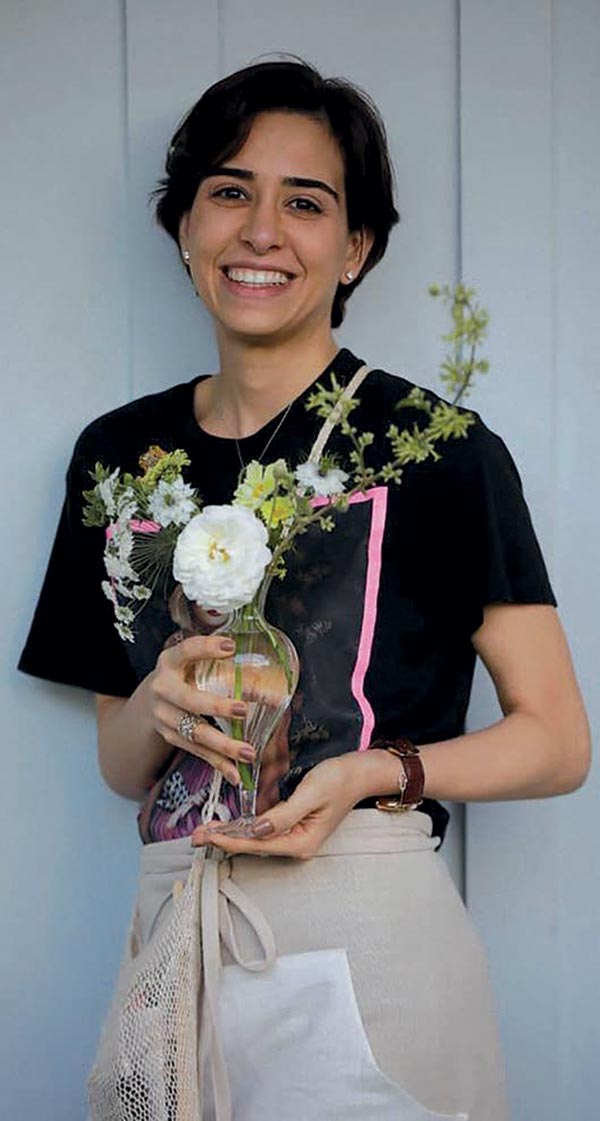
Aliza Liberman
Published:
Next Generation Council member Aliza Liberman’s philosophy for philanthropy is simple: “If you feel connected to a cause, you should get involved.” Liberman’s connection to USC Shoah Foundation comes from her upbringing in Panama, where her paternal grandfather immigrated from Poland to escape the Holocaust, in which his entire family was later murdered.
The impact of this personal history made her seek out ways to ensure others in Latin America would learn from that history, as well. When she was introduced to the Institute’s work, “the connection was instant. I wanted to give the Institute a stronger presence in Latin América.” As the only member of the Institute’s Next Generation Council from Latin America, Liberman has used her influence to make an impact in the region by championing an increase of the Institute’s Spanish-language resources, such as IWitness activities and Dimensions in Testimony interviews. This type of engagement is necessary to extend the Institute’s global reach, as, according to Liberman, “One always absorbs information better in the native tongue.”
To further this goal, Liberman introduced USC Shoah Foundation to the Latin American Holocaust Education Network (Red LAES), a collection of eleven institutions in Latin America devoted to Holocaust studies. Representatives from USC Shoah Foundation and Red LAES will work to integrate Spanish-language testimonies into the Institute’s Last Chance Testimony Initiative. Additionally, along with her husband Guillermo, Aliza funded the Spanish-language version of The Tattooed Torah, an animated film that tells the inspirational story of a Torah rescued and restored after the Holocaust.
The Liberman’s, along with Executive Committee member Melinda Goldrich, served as executive producers of the film, which is accompanied on IWitness by a suite of Spanish-language educational resources and a teacher’s guide to be used by educators of K-5 children.
With over 450 million native Spanish speakers across the world, there is a wide and diverse audience ready for the insight and education USC Shoah Foundation can provide. Broadening the scope of the Institute’s work to reach this audience, Liberman believes, will “make a difference in the way the new generations think and act.”